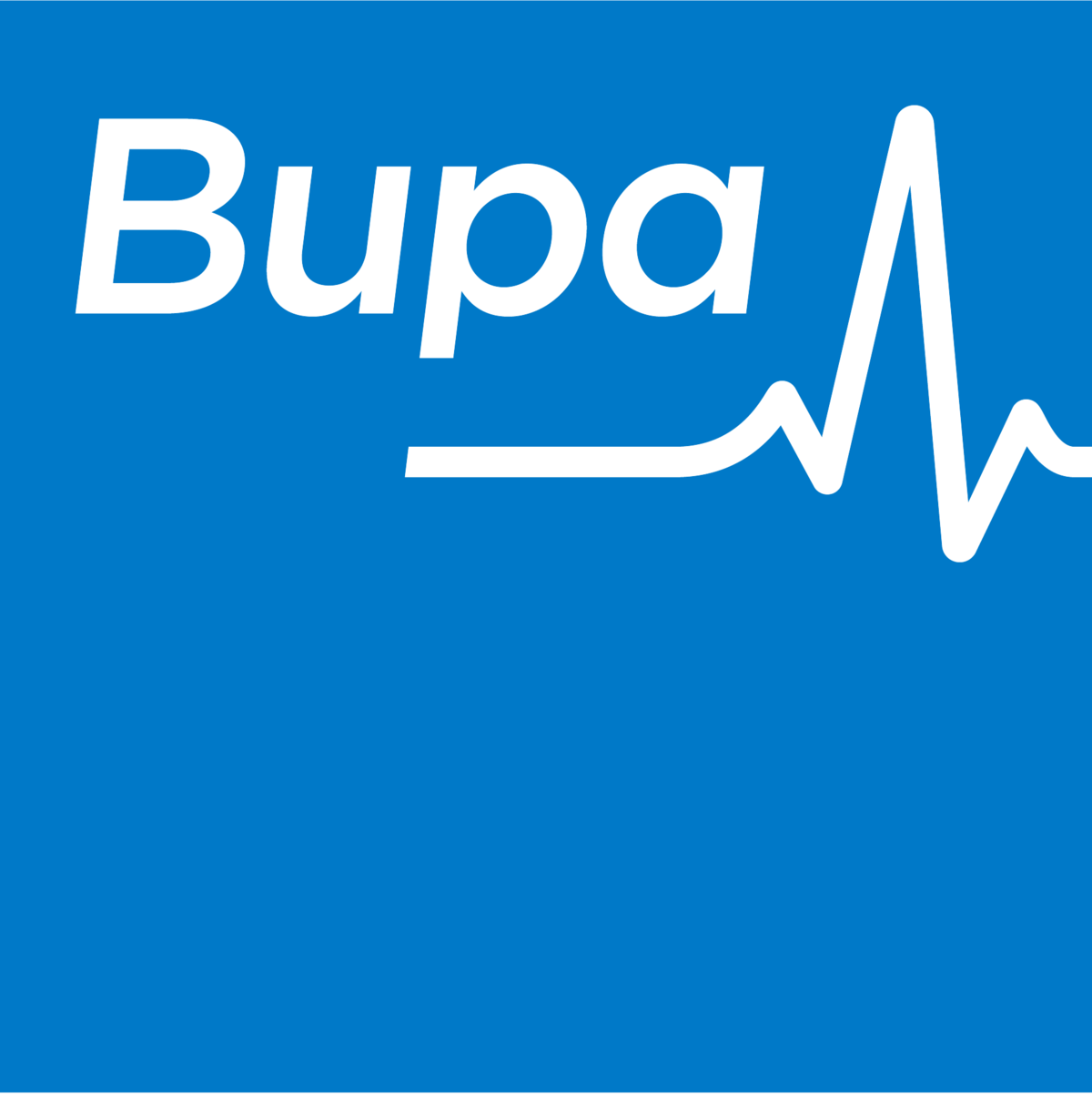Dr (Jeremy) Mark Alexander-Williams
Pain Management Consultant
Orthopaedics
Sub-specialties: Orthopaedics, Pain Management, Pain Medicine, Spine, Trauma, Muscular Pain.

Overview
Dr Mark Alexander-Williams is a Consultant in Pain Management at OneWelbeck Orthopaedics specialising in managing complex pain problems. To book an appointment directly, please contact Dr Alexander-Williams practice manager, Katie Lowe, on 07971 195607 or email info@drmarkalexander-williams.co.uk.
About Dr (Jeremy) Mark Alexander-Williams
Areas of Expertise
Dr Mark Alexander-Williams commonly treats:
- Chronic pain
- Spinal pain
- Facet joint pain
- Disc pain
- Nerve root pain
- Radicular pain such as brachalgia and sciatica
- Muscular pain
- Post-traumatic pain
- Pain involving the central or peripheral nervous system
- Pain associated with other chronic diseases such as angina, arthritis, endometriosis, headache and pancreatitis.
Research Highlights
Dr Mark Alexander-Williams
Key Publications
- K.Mackrodt, M.Alexander-Wiliams (sic). Anaesthesia 2001, Epidural infusions
- L.Bannon, M.Alexander-Williams, D.Lutman. Anaesthesia 2001,56(10), PCA Diamorphine Intranasal vs intravenous
- M.Ward, G.Minto, M.Alexander-Williams. Anaesthesia, 2001, 57(1) Jan, The Pakistan earthquake: a British trainee's experience, Injury. 2006 Jun37(6):567-9
- Ahmad MA, Naqui SZ, Shah N, Khan A, Alexander-Williams JM, Jaffery A.Stability of premixed syringes of diamorphine and hyperbaric bupivacaine, Int J Obstet Anesth. 2005 Oct;14(4):284-7.
- Hudson SJ, Jones MF, Nolan S, Ellis H, Duncombe R, Alexander-Williams JM, Comparison of oxycodone and morphine following Total Knee Replacement, 2007 Pain Society Poster.
- Whitney P, Mustard L, McCartney C, Alexander-Williams JM. Reduction in epidural Diamorphine dose reduces side effects but reduces efficacy
Major insurers served
If your insurer is not listed, please contact us to confirm your coverage. Please note this does not guarantee coverage or fee assurance. Patients should confirm with their insurer to ensure coverage, check if the doctor is fee-assured, or verify if their policy includes the doctor in question.







